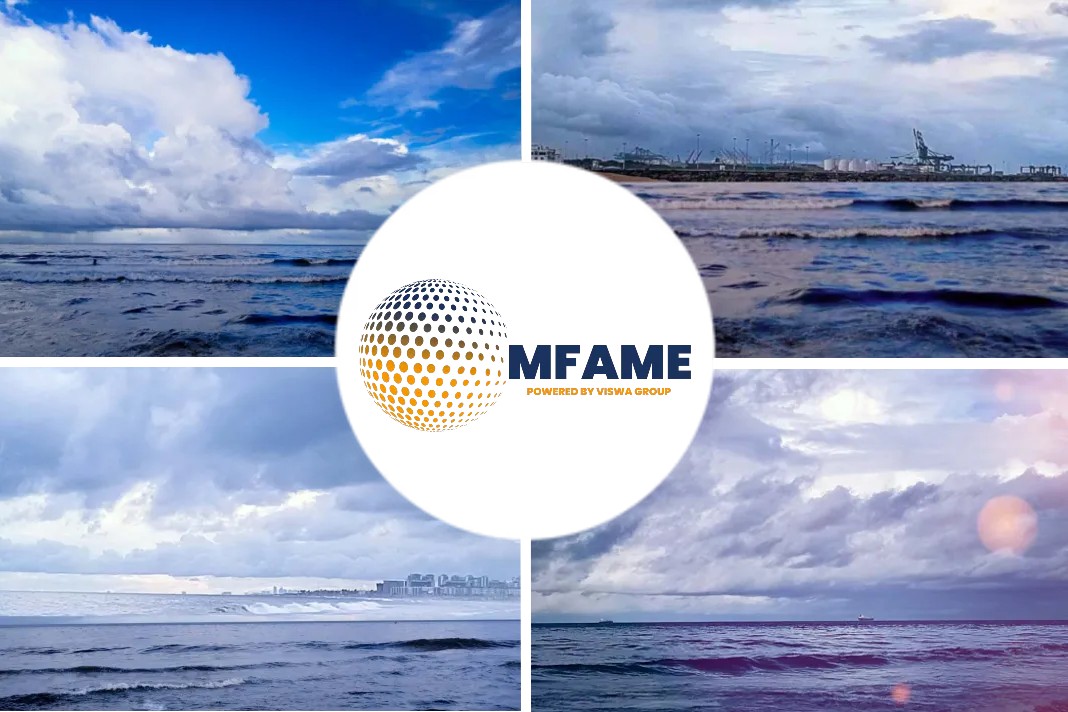- Advent Technologies Holdings’ Serene fuel cell unit for the maritime industry has cleared safety testing, along with DNV’s safety assessment.
- The fuel cell unit has been developed within the frame of the RiverCell Consortium.
A recent news article published in the Ship Technology source says that Advent’s Serene marine fuel cells clear safety trials.
Who are the consortium members?
Apart from DNV and Advent, the consortium includes Hadag, Helm Proman Methanol, Neptun Werft, Viking River Technical Cruises, Pella Sietas, and Technische Universität Berlin.
RiverCell is a demonstration project that commenced in 2015 and is projected to be concluded by the end of this month.
Who spearheads the project?
This project is being spearheaded by Meyer Werft and has received financial backing from Germany’s Federal Ministry for Digital and Transport.
It focuses on the design and development of a fuel cell hybrid system for inland ships, along with the collection of data in terms of the suitability, deployment, and economic efficiency of hybrid powertrains.
What does this hybrid concept encompass?
This hybrid concept encompasses energy storage and the production of fuel cell-powered energy.
The demonstration revealed that the concept reduces greenhouse gas emissions as well as enhances safety and efficiency in shipping.
Under the demonstration, a part of a river cruise vessel was set up on dryland at Neptun Werft in Germany.
Use of methanol
Subsequently, the model of Advent’s Serene marine fuel cell unit was incorporated into a hybrid DC electric energy grid, which was installed with all required ship systems.
RiverCell project manager Ragnar Christenson from Meyer Werft said: “The HT PEM fuel cells developed and manufactured by Advent Technologies can use methanol, carrier of hydrogen, as the fuel source, and we consider methanol one of the most promising and practical future fuels for the shipping sector.
“At Meyer Werft, we are happy to pioneer alongside our partners with our demonstrations of fuel cell technology, both to gain a competitive edge but also to influence global standards, paving the way for this sustainable alternative.”
Earlier this month, ZeroCoaster Consortium’s ammonia-driven cargo vessel design secured the approval in principle from DNV.
Did you subscribe to our daily Newsletter?
It’s Free! Click here to Subscribe
Source: Ship Technology















![[Watch] Crazy Power Needed to Move World’s Largest Containerships](https://mfame.guru/wp-content/uploads/2023/11/mfame-tanker-100x70.jpg)

